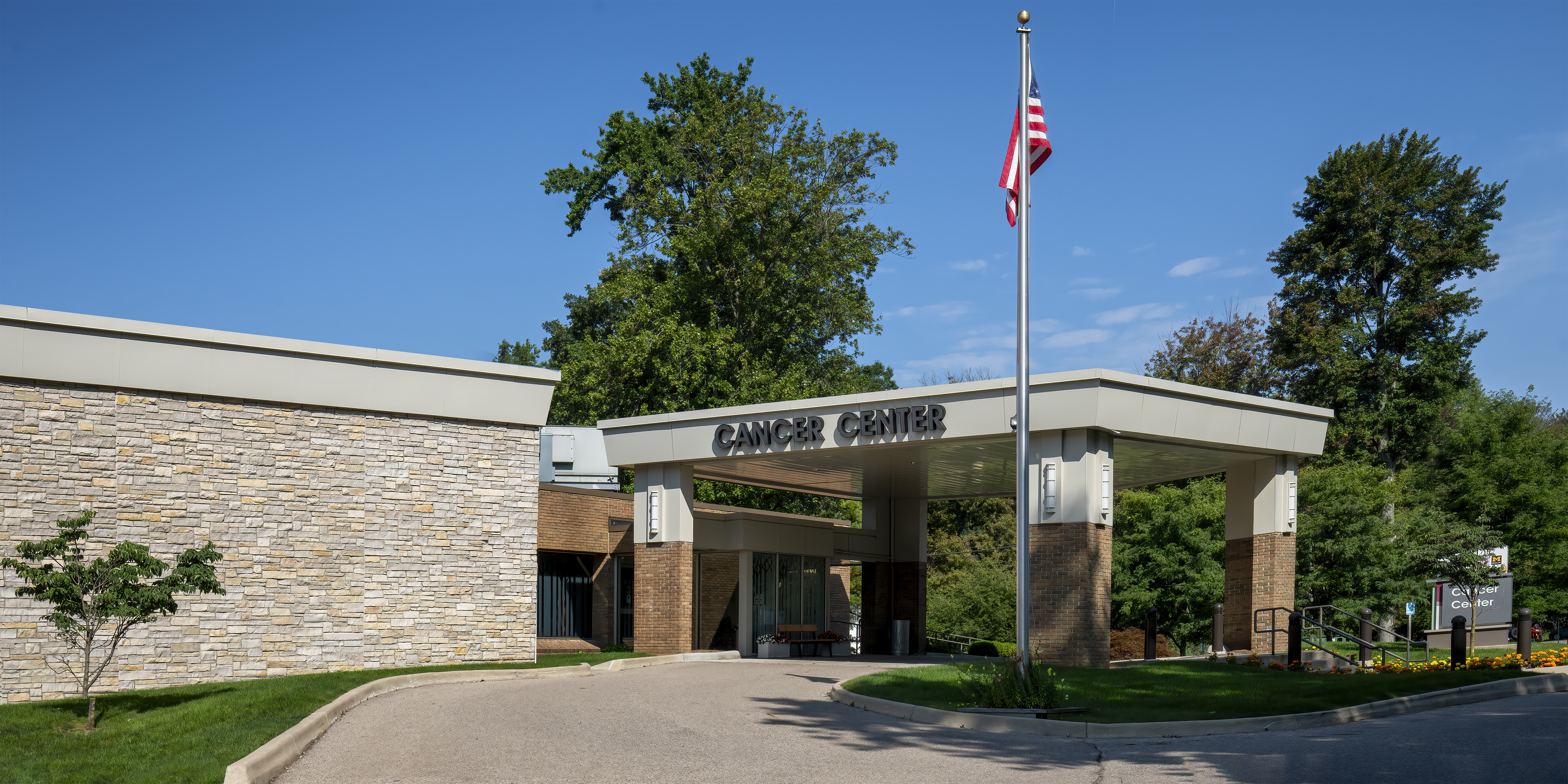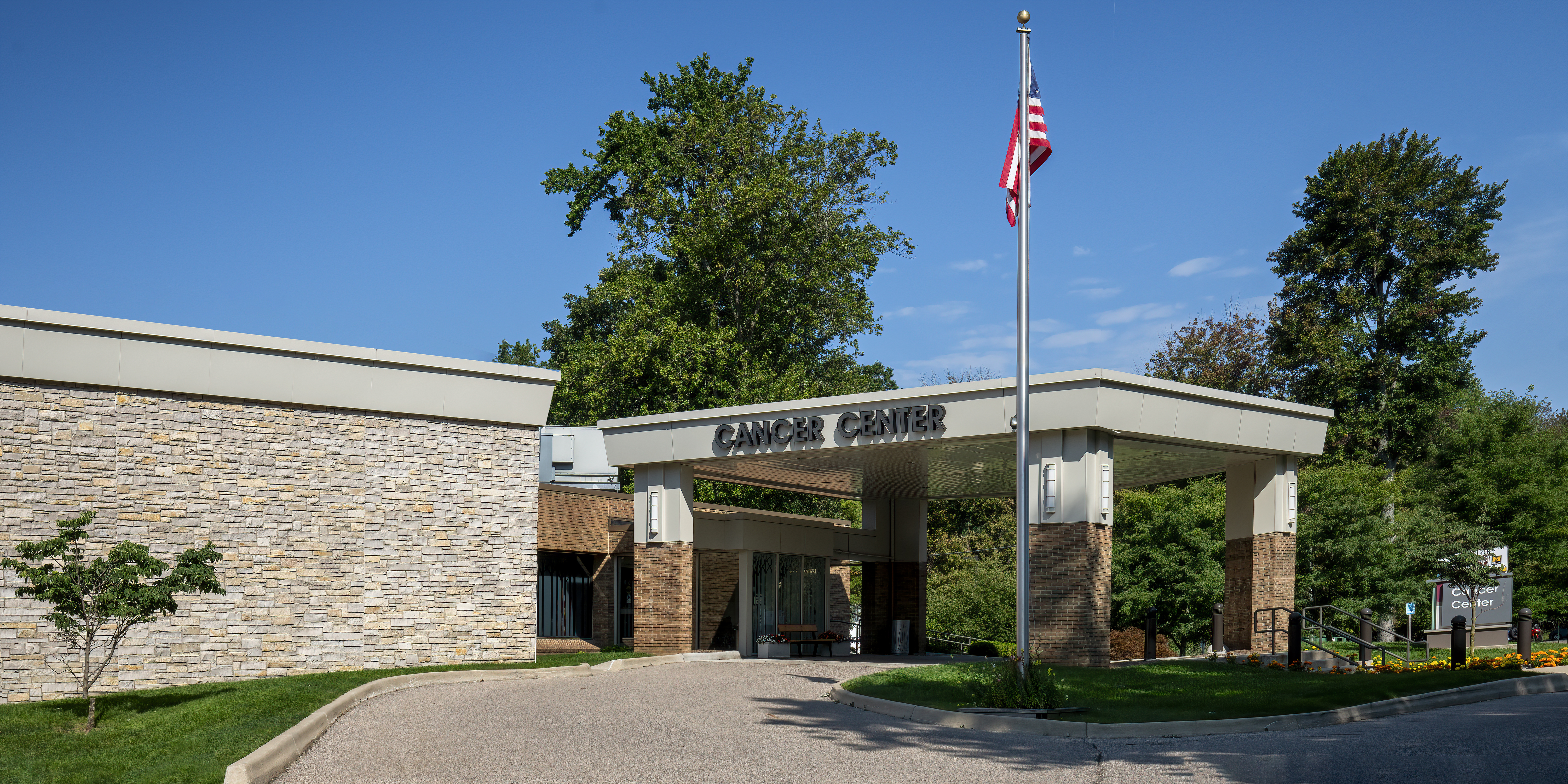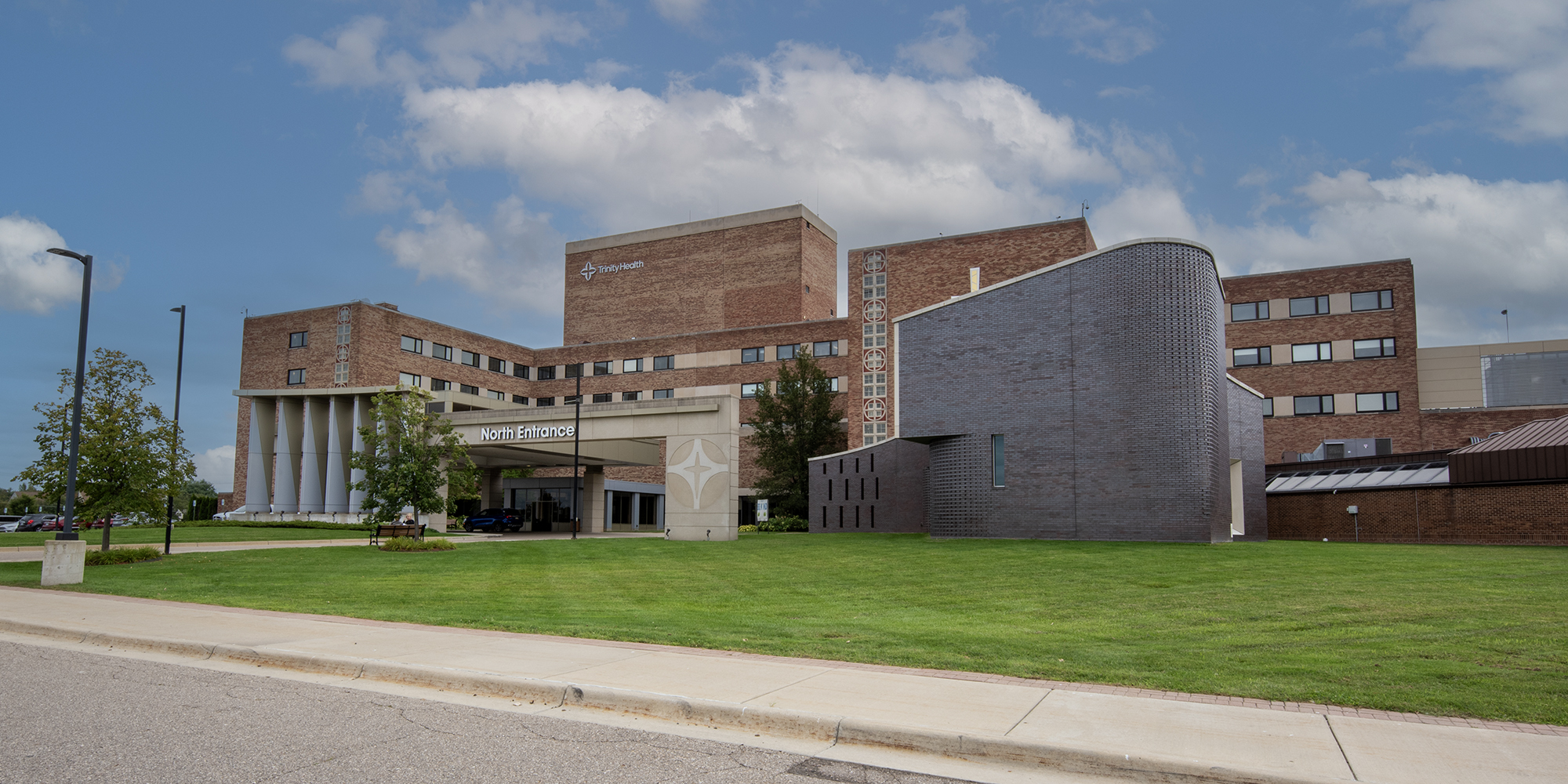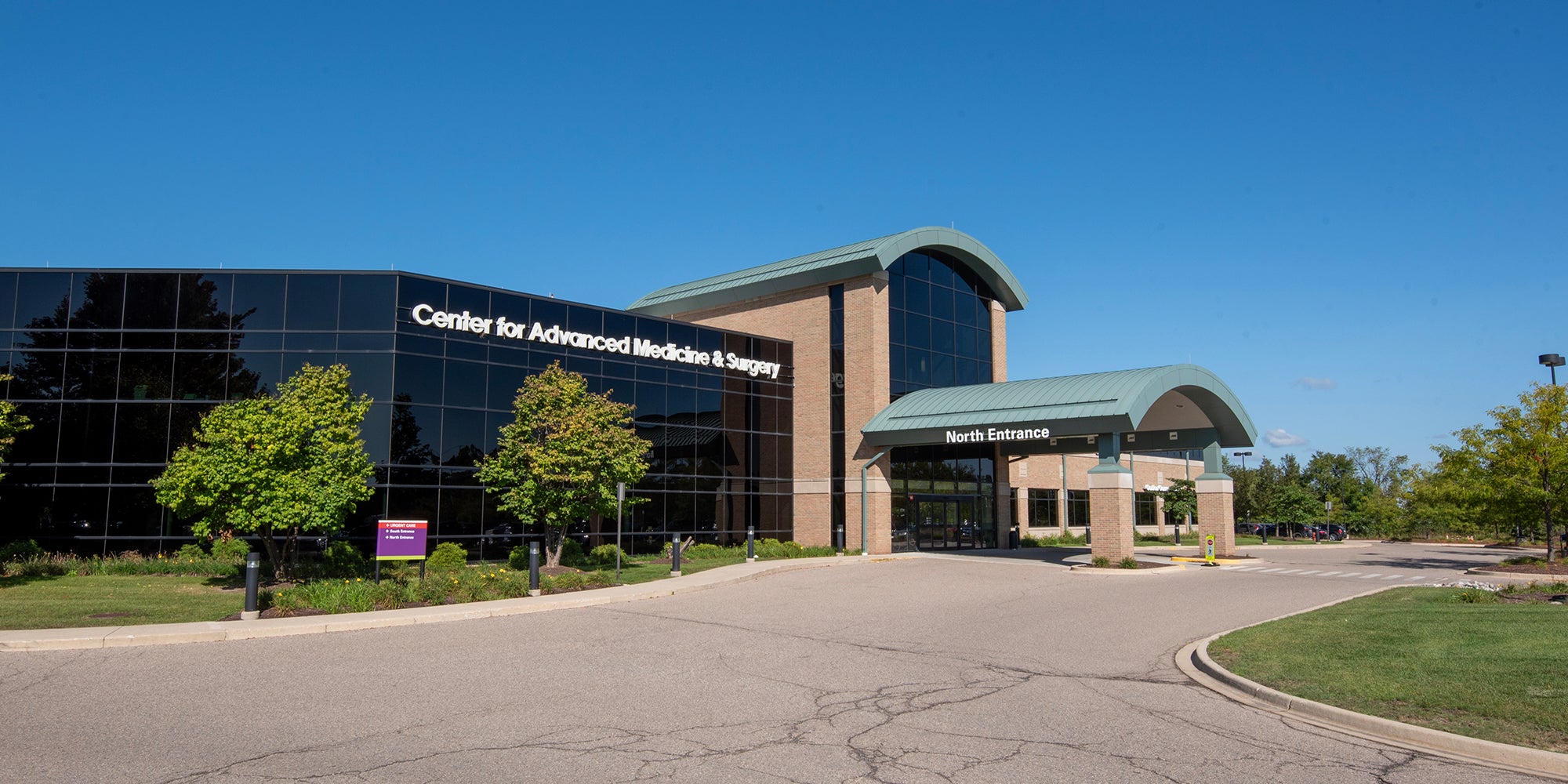Genetic Counseling
Genetics can play an important role in cancer diagnosis and treatment. Knowing whether you have hereditary cancer can help your providers create the best care plan for you. At Trinity Health Michigan’s cancer centers, you work with expert genetic counselors who walk you through this process.
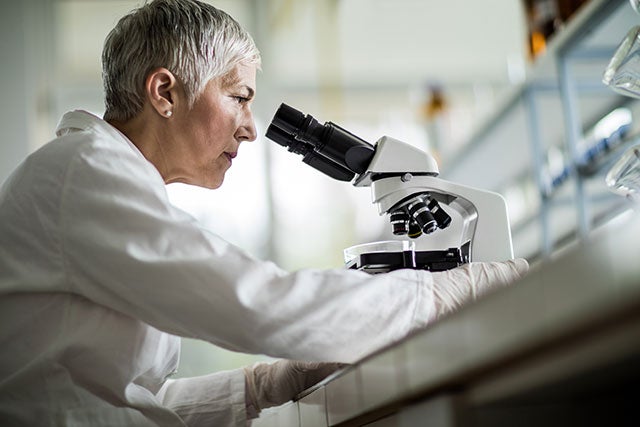
Interested in genetic testing?
If you're interested in genetic counseling or genetic testing, contact your primary care doctor for a referral or our cancer centers for more information.
Need to find a doctor?
Genetic Counseling Locations
Genetic Counseling at Trinity Health Michigan: Why Choose Us?
As part of a national network of cancer experts, Trinity Health Michigan provides advanced genetic testing and counseling. Our genetics experts discuss the pros and cons of genetic testing with you and give you time to make important decisions.
Our genetic counselors have years of experience helping people through a hereditary cancer diagnosis. If you decide to move forward with testing, our team will:
- Help you handle details like insurance coverage and a convenient time to have the test
- Tell you when you can expect your results
- Talk with you about your results and what they mean for your family and your treatment
- Work closely with your other cancer care providers to ensure we customize your treatment for your genetic results
What Is Genetic Testing?
Genetic testing uses a blood or saliva sample to look for specific mutations (changes) in your DNA. Genetic mutations can tell you whether you have a higher risk for certain cancers or inherited health conditions. They can also help shape your cancer treatment plan.
Genetic Testing for Cancer Risk and Family Members
Your genetic test results can tell you whether you have the DNA mutation that raises your risk for certain cancers. The test results may also tell you whether certain family members are at risk for inherited cancer.
For example, people with mutations in the BRCA1 or BRCA2 genes have a higher risk of breast and ovarian cancer. The BRCA gene mutations can run in families, so if you have this mutation, others in your family might, too. Knowing this information can help family members make informed decisions about getting tested as well. Genetic tests can help you prepare and get more frequent cancer screenings. Screenings help cancer teams catch cancer early, when it is more easily treatable.
Genetic Testing for Precision Medicine
We also use genetic testing on certain tumors to see their makeup and type. In many cases, genetic tumors need specialized treatment that targets their unique features. We’re a leader in this specialized cancer treatment, known as precision medicine. You might receive a specific kind of chemotherapy or medical oncology that targets the tumor’s genetic factors. Learn more about our chemotherapy and medical oncology care.
Compassionate Care for Genetic Cancers
Deciding whether to get genetic testing — and then awaiting the results — can cause stress. Our team has resources to help. You can receive support from our social workers, spiritual care advisors and mental health professionals. We coordinate these services with your treatment plan, so you can worry less about appointments and focus on getting well. Learn more about our supportive care and services.





